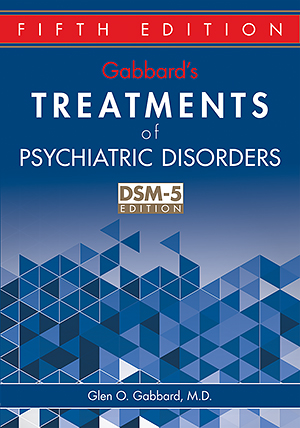Sections
Excerpt
Oppositional defiant disorder (ODD) is broadly defined as a persistent pattern of defiance and hostility against authority figures (e.g., parents and teachers). A diagnosis of ODD is more common among young children (i.e., ages 3–7 years) manifesting clinically severe levels of disruptive behavior than is conduct disorder (CD). Considerable evidence suggests that ODD often precedes the development of CD in children (e.g., Burke et al. 2010); thus, many researchers consider ODD and CD to be age-related manifestations of a common syndrome, with CD representing a more severe developmental progression of disruptive behavior (Loeber et al. 2009). The DSM-5 criteria for ODD (American Psychiatric Association 2013) are presented in Box 40-. In contrast to DSM-IV (American Psychiatric Association 1994), DSM-5 organizes symptoms of ODD into three separate, yet interrelated, dimensions: angry/irritable mood, argumentative/defiant behavior, and vindictiveness. Moreover, a comorbid diagnosis of CD alongside ODD is permitted in DSM-5.
Access content
To read the fulltext, please use one of the options below to sign in or purchase access.- Personal login
- Institutional Login
- Sign in via OpenAthens
- Register for access
-
Please login/register if you wish to pair your device and check access availability.
Not a subscriber?
PsychiatryOnline subscription options offer access to the DSM-5 library, books, journals, CME, and patient resources. This all-in-one virtual library provides psychiatrists and mental health professionals with key resources for diagnosis, treatment, research, and professional development.
Need more help? PsychiatryOnline Customer Service may be reached by emailing [email protected] or by calling 800-368-5777 (in the U.S.) or 703-907-7322 (outside the U.S.).



